Liberating the City
|
|
On a more grassroots level, Babylon Chant Down is a perfect example of a platform that draws on ancient African oral tradition and Caribbean sound-system culture to reclaim, democratise, and transform the public spaces of South London into safe spaces for self-expression. The non-profit organisation, founded by artists Muva of Earth and Izzy Gzowski, came about through the need for a healing antidote to the heat of last summer's Black Lives Matter demonstrations (Babylon Chant Down, 2020). With their communities, the women co-produced the events in the form of open-mic peaceful protests with spoken word, live instrumentation, dancing, and book fairs. I also heard of another peaceful protest last year whereby a community of Rastafarians, armed with their drums and sound system, led a march highlighting historical sites of black success and struggle throughout the streets of London. These both exemplify the healing power of sound on the individual and collective body and its potential to liberate the collective consciousness from colonial oppression, in the context of the built environment.
|
Amidst the backdrop of a global pandemic, however, it is clear that our relationship with cities is changing, and it is forecasted that their designs and infrastructure will be increasingly data-led as we interact more remotely with the urban environment (Bishop and Scott, 2021). So, as I start to position myself as a forward-thinking artist-designer, I'm beginning to ask: how can I use my discipline to decolonise space across the digital and physical domain? As an artist, I recognise that my craft is a gift- it is a tool that gives me agency to tell stories and to create platforms that allow others to tell theirs. Passionate about worldbuilding, I aim to deliver transformative and immersive experiences across varying scales, domains, and media; I want to create healing spaces that facilitate internal transformation. For the near future, I'm speculating mixed-reality experiences and AR/VR tours that acknowledge and celebrate the black and PGM presence and pasts throughout London. I imagine performances, placemaking schemes, and physical and digital public artworks that privilege the healing potential of sound, preserve oral tradition and tell the collective stories of the cities we grow up in, allowing us to better understand the power constructs they contain and uphold.​
This is my mission.
This is my mission.
References
Babylon Chantdown. 2020. Available at: <https://www.instagram.com/p/CDzUKA7pZgM/> [Accessed 10 April 2021].
Ball, J. 2011. I Mix What I Like! A Mixtape Manifesto. AK Press. Baltimore, USA. p.4.
Bishop, K. and Scott, S. 2021. EQUILIBRIUM CITIES. Macro Trands. [online] LS:N Global. Available at: <https://www-lsnglobal-com.arts.idm.oclc.org/macro-trends/article/26527/equilibrium-cities> [Accessed 10 April 2021].
Creative Reaction Lab. 2018. EQUITY-CENTERED COMMUNITY DESIGN FIELD GUIDE. [PDF] St. Louis, Missouri, USA, pp.3, 4. Available at: <https://www.surveymonkey.com/r/ECCDfieldguidedownload> [Accessed 10 April 2021].
Fanon, F. 1964. Toward the African Revolution. Grove Press. New York, USA. p. 34.
Theatrum Mundi. 2019. New publication: Sonic Urbanism. [online] Available at: <https://www.e-flux.com/announcements/278193/sonic-urbanism/> [Accessed 10 April 2021].
Trust for London. 2020. London's Poverty Profile: Poverty rates by demographics. [online] Available at: <https://www.trustforlondon.org.uk/data/poverty-rates-demographics/> [Accessed 10 April 2021]
0 Comments
Leave a Reply.
Archives
December 2021
June 2021
May 2021
April 2021
March 2021
January 2021
December 2020
November 2020
September 2020
August 2020
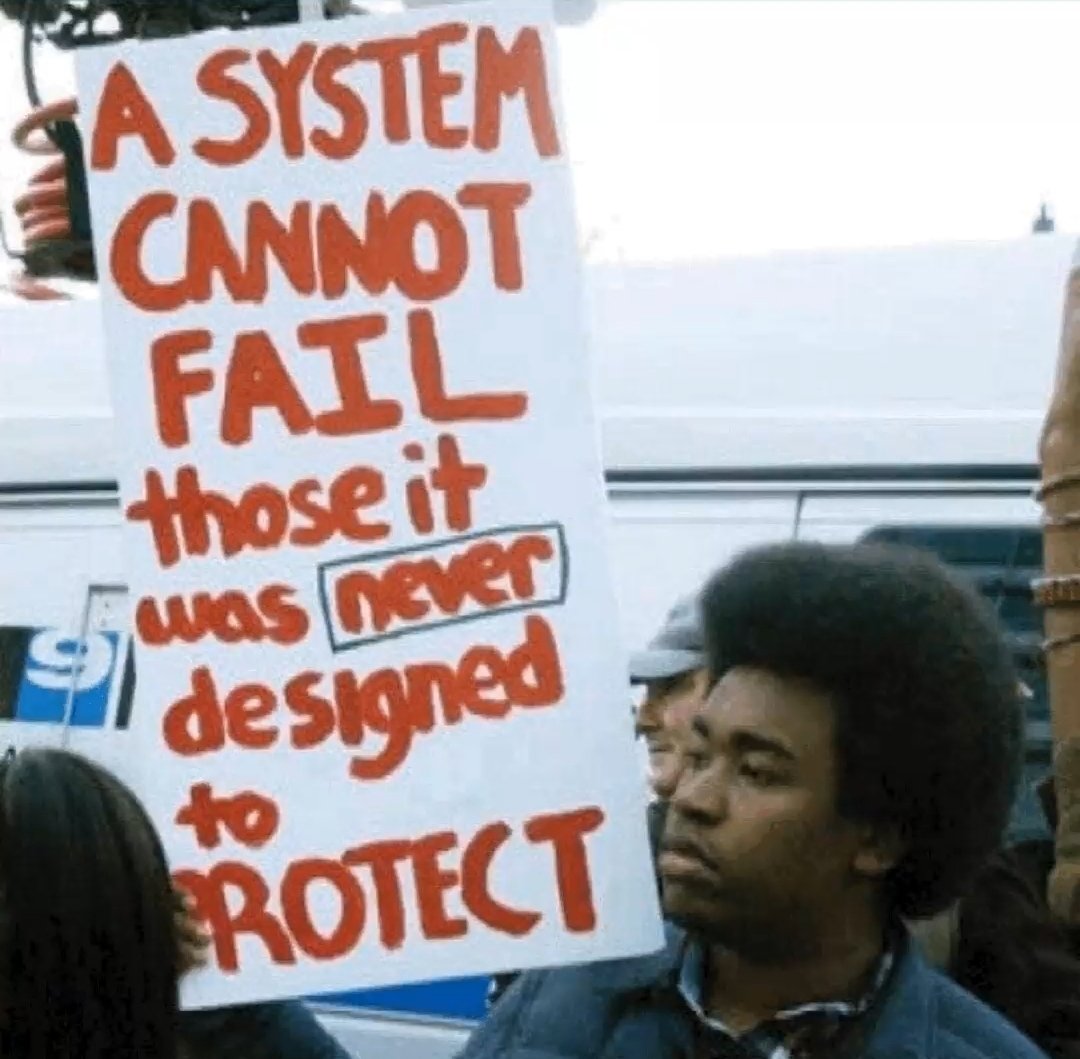
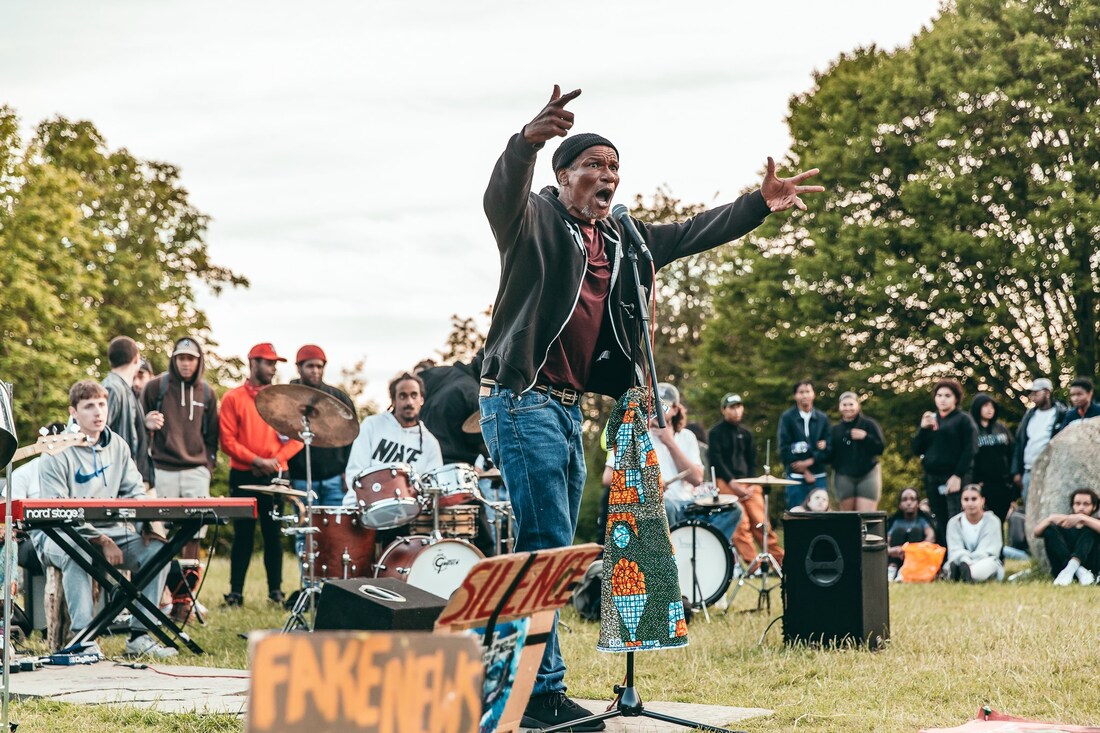
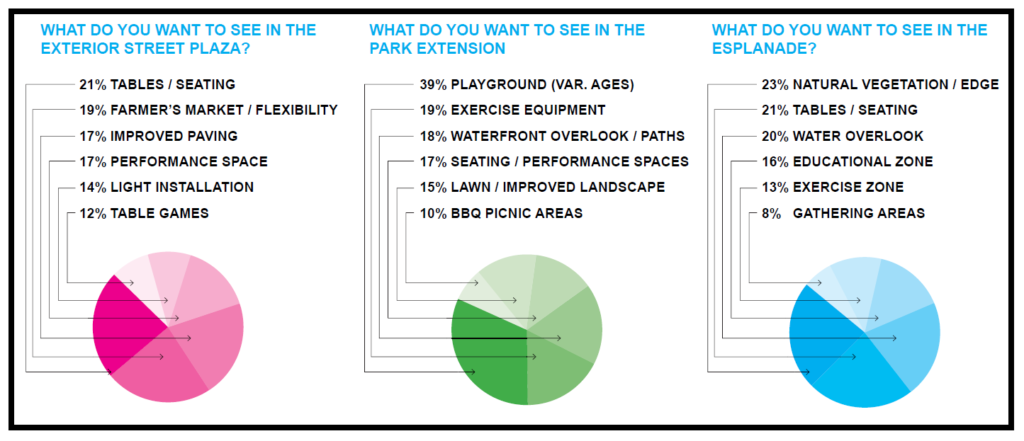
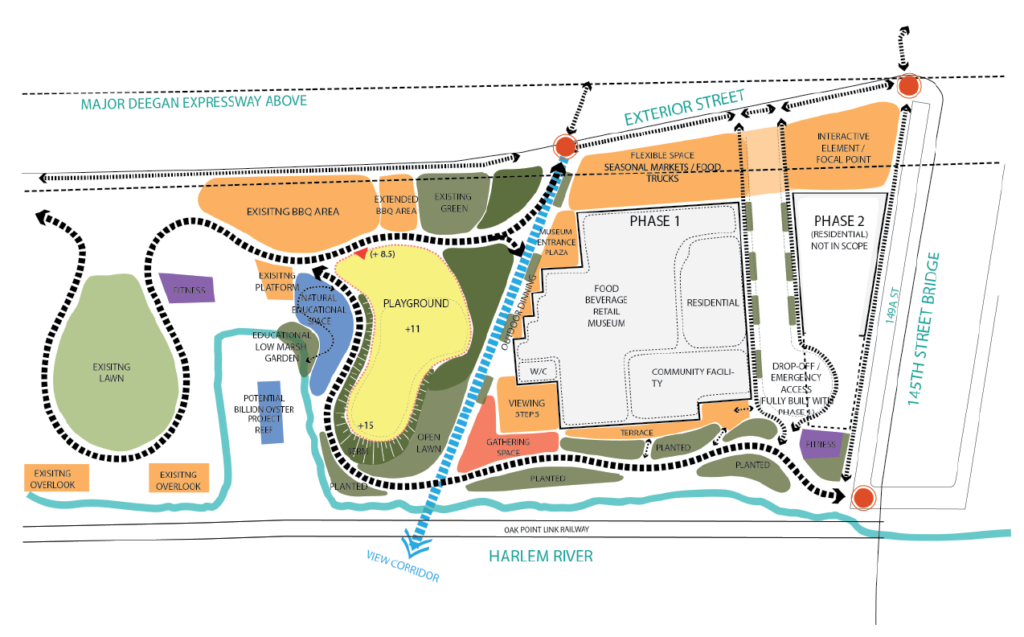
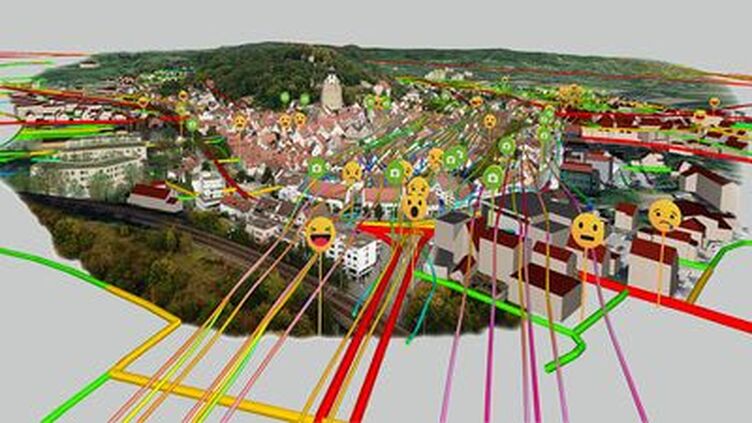
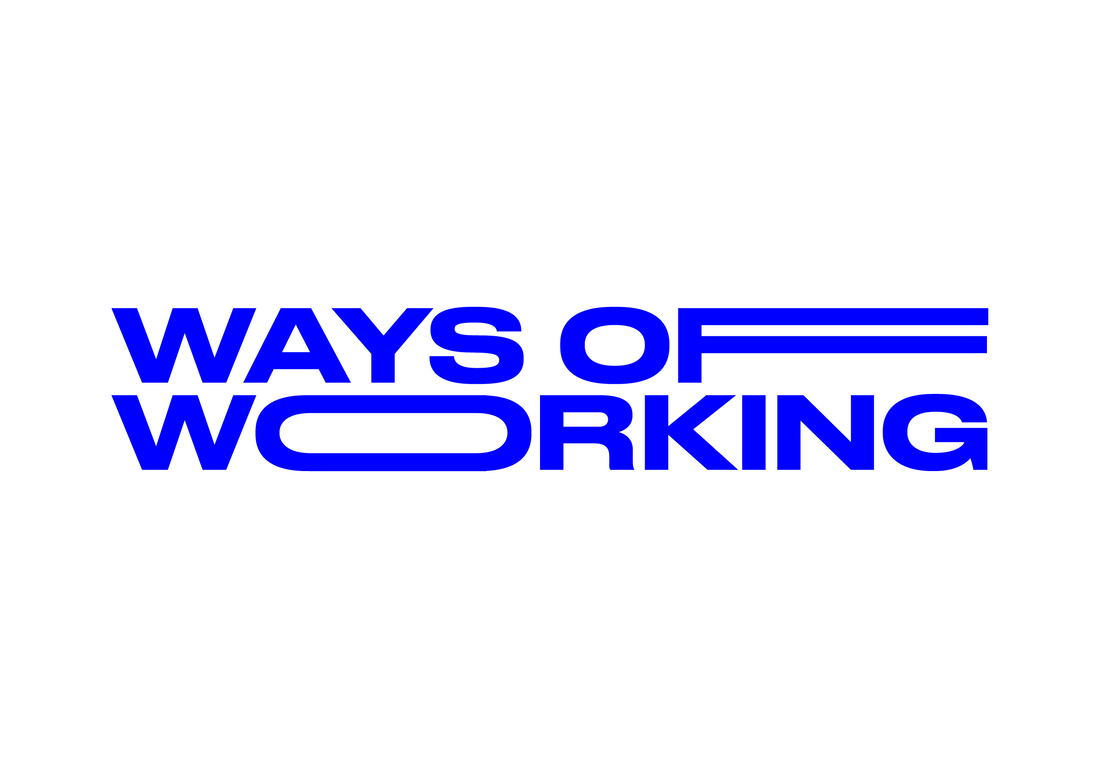
 RSS Feed
RSS Feed
